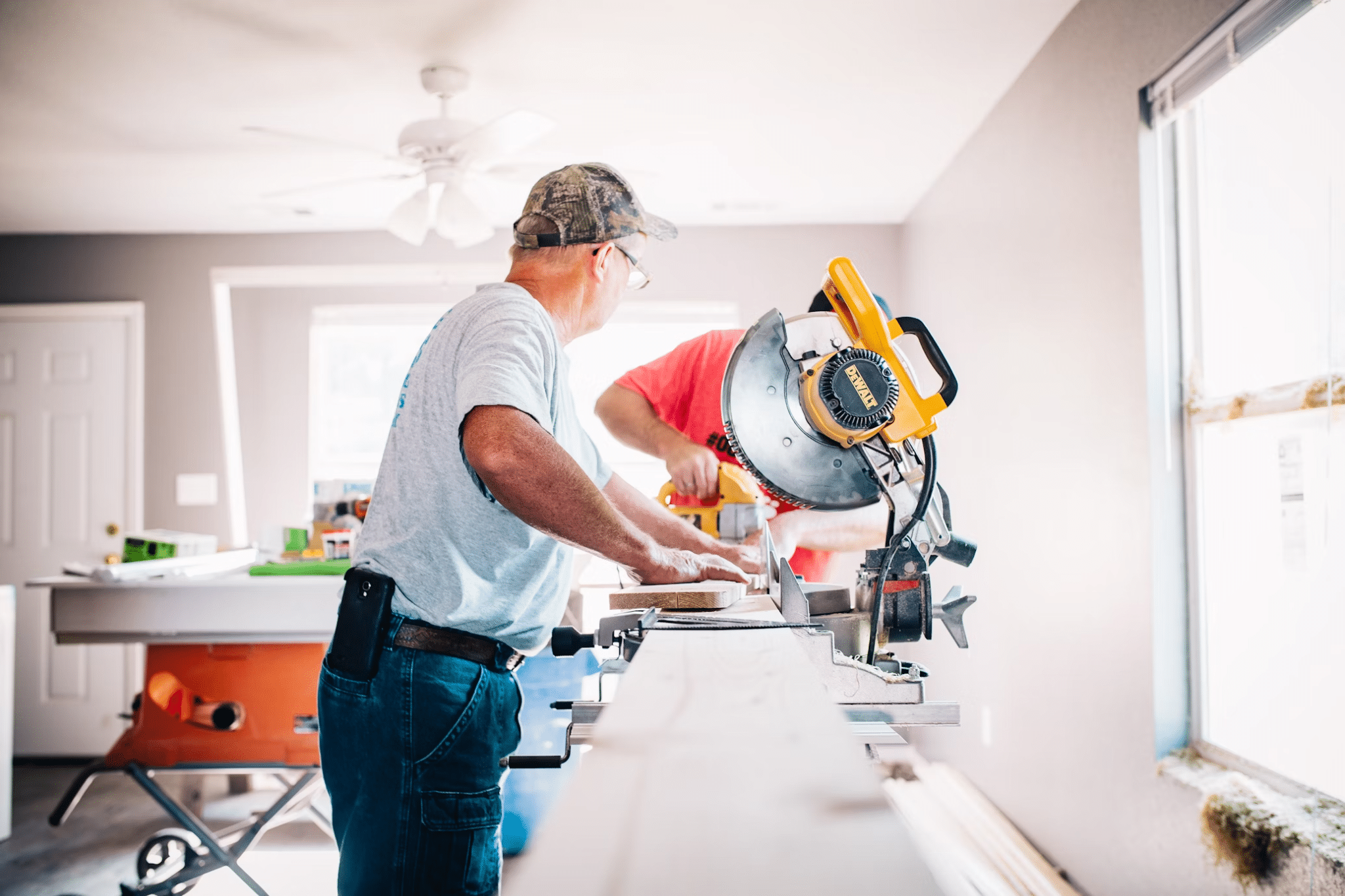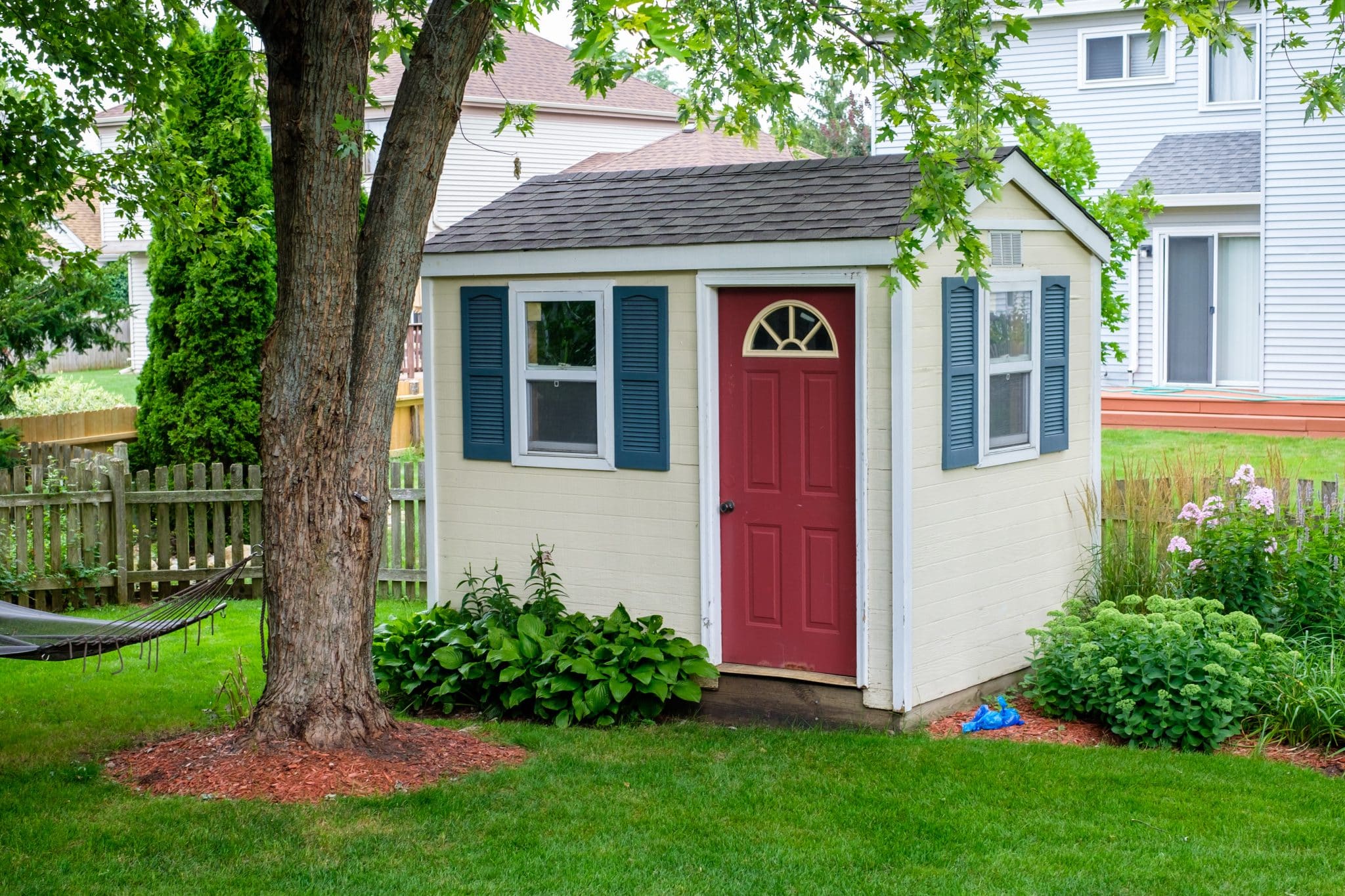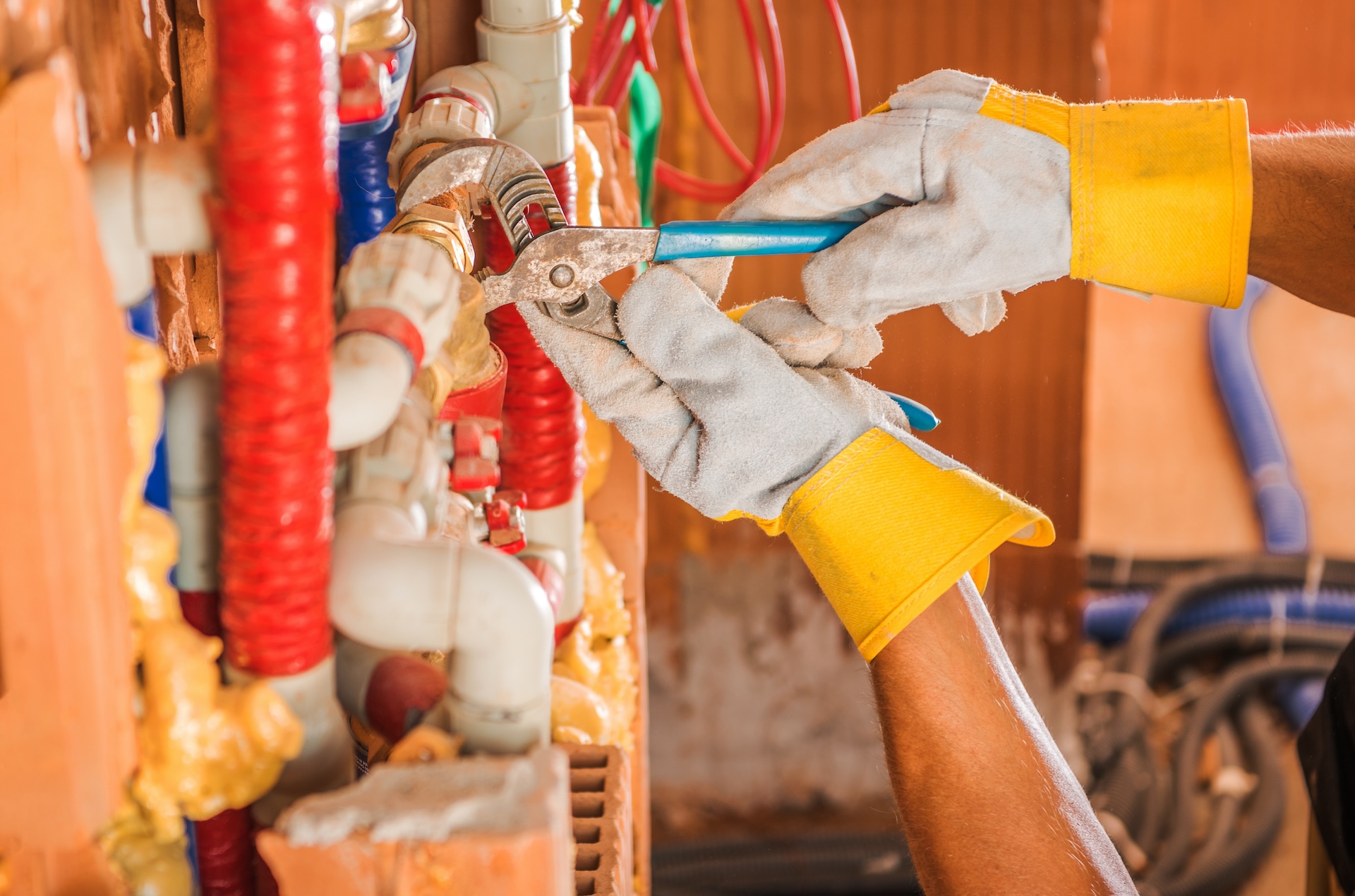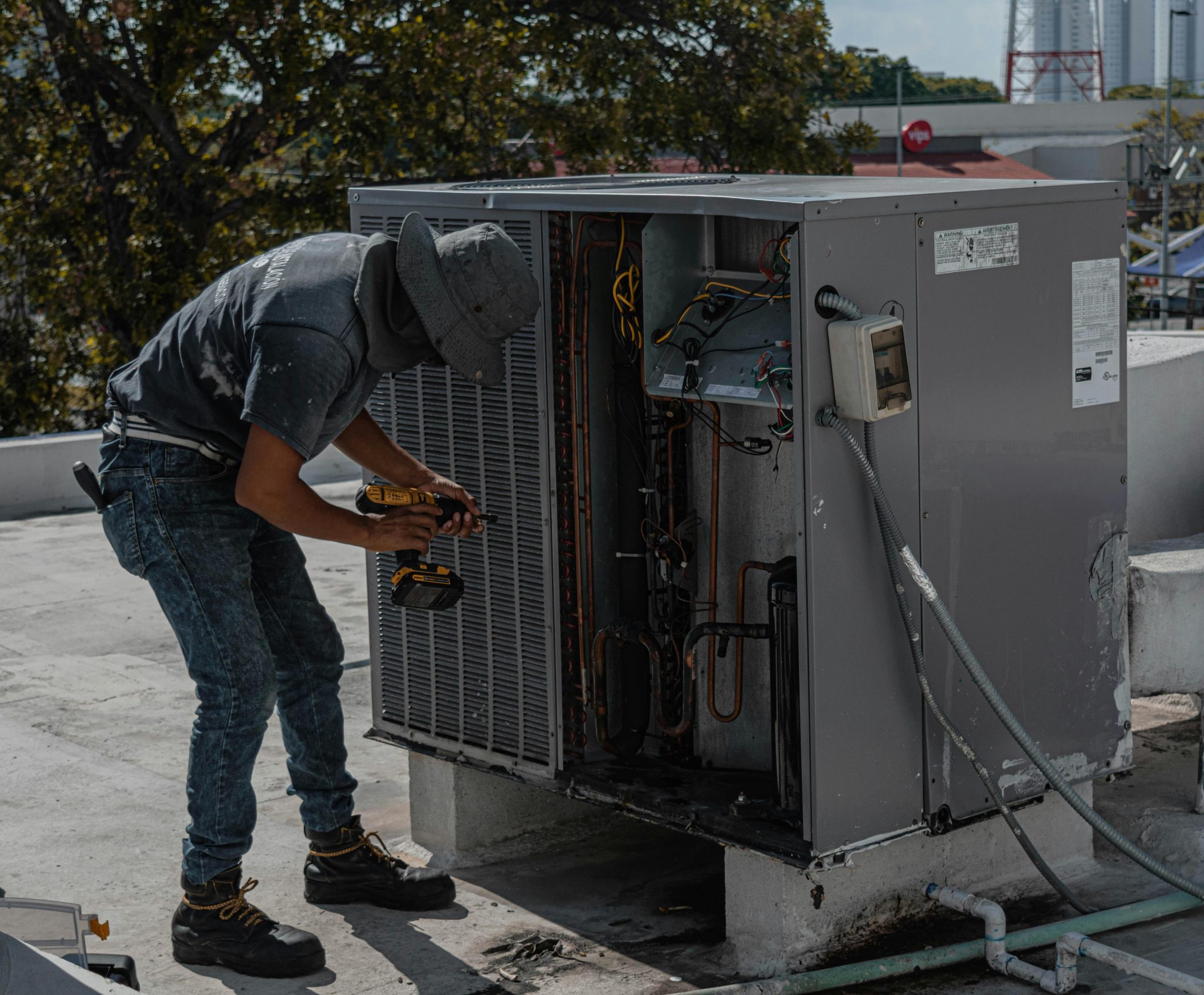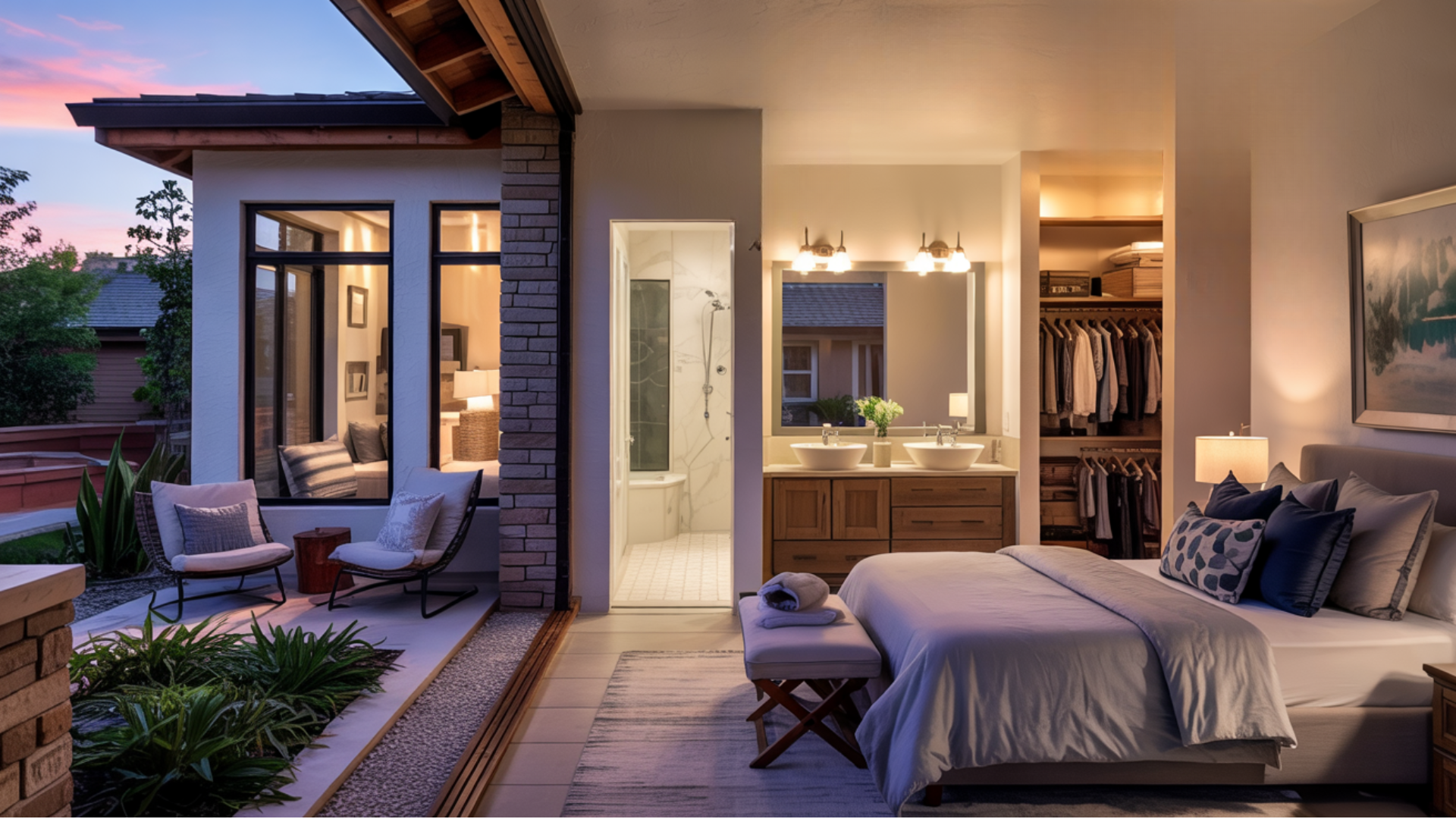The Average Cost of Home Renovation In 2024
The costs of home renovation can seem daunting to many during a cost of living crisis, but it is possible to make changes to your property to add value to it without breaking the bank. You may also have options available to you even if you need to borrow to renovate your home and have bad credit.
Home renovations can vary wildly in terms of scope and scale, which means one homeowner can easily find themselves spending thousands more than someone else when they want to upgrade their properties.
In this guide, we’ll talk about the advantages of home renovations, how much you can expect to pay when you want to renovate your home and the bad credit options you might have available to you if you do need help financing a renovation.
What Are the Benefits of A Home Renovation?
There are many reasons why someone might decide to renovate their home. Some of the most popular reasons include making a property more comfortable, addressing safety worries, increasing its resale value, creating more living space, making it more energy efficient and giving it a more modern look.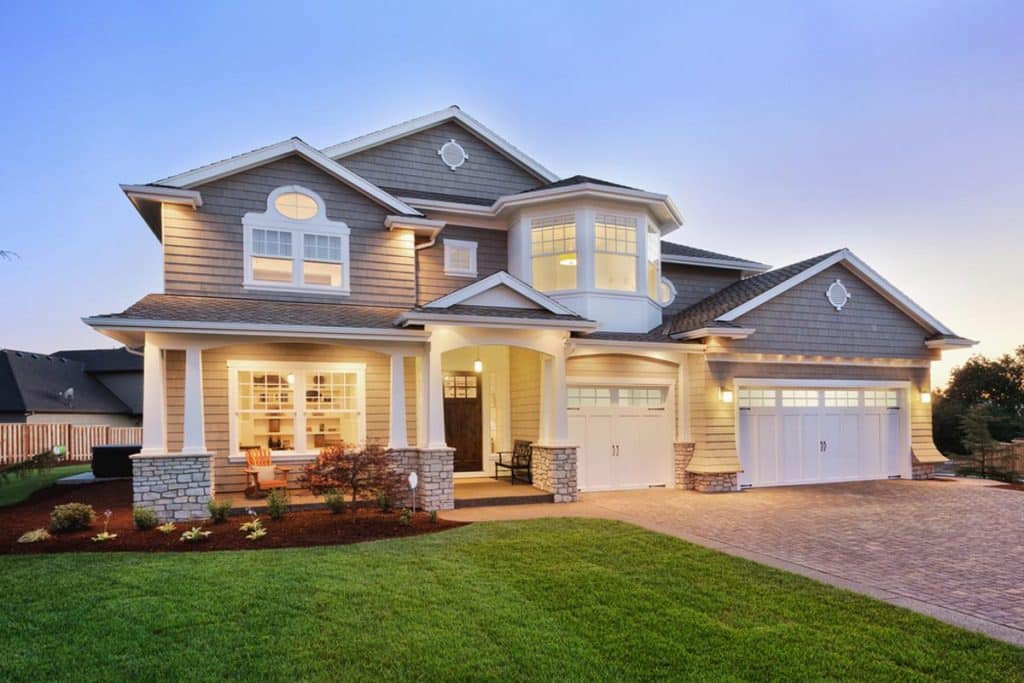
Some of the most popular types of home renovations include updating and upgrading kitchens, bathrooms and adding extensions to properties.
You can also consider repurposing an unused space like a loft or a garage. As renovating an entire home all at once can be costly and impractical, it’s common for people to focus on one area at a time.
Why Have Home Renovations Become More Popular Over Recent Years?
Home renovations have grown in popularity over recent years for a number of reasons. Making changes to a home can be more cost-effective than relocating, which might not be a desirable option when you’re happy and settled where you currently live.
The pandemic led to a rise in home working too, which means there’s a growing number of people making changes to their homes to make them more suitable for work.
Why Is It so Important to Find out About Home Renovation Costs?
It’s essential to find out what a home renovation project is likely to cost you before work gets underway. Miscalculations or vague guesses can cause delays and cause you to go over your budget.
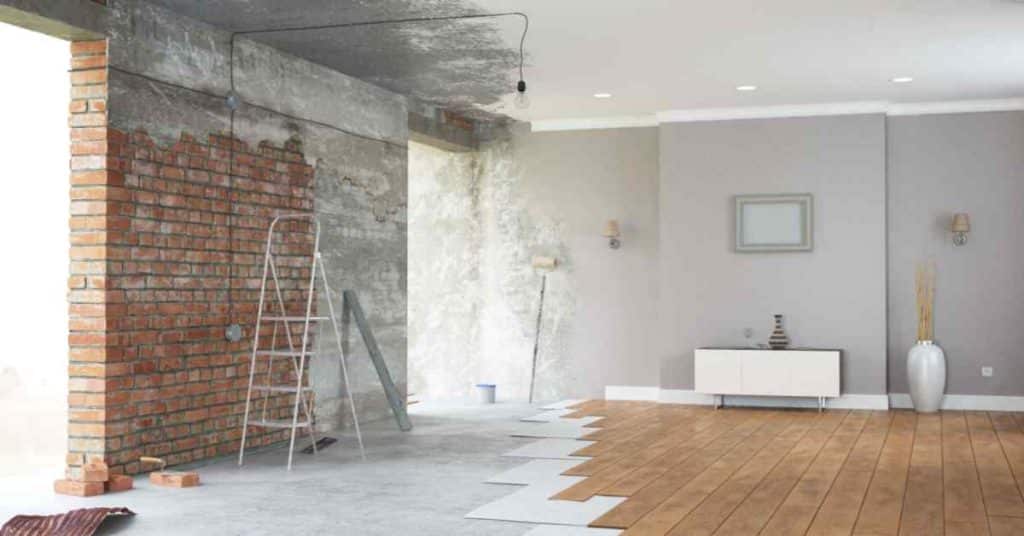
Which Other Factors Do I Need to Think About when Calculating Costs?
Some of the other things you’ll need to think about when you’re budgeting for a home renovation include whether rewiring needs to take place, whether you need new windows, whether there’ll be structural changes and whether you’ll be making changes to your heating, plumbing and insulation systems, to name but a few.
Labour costs also play a significant role in determining the cost of a renovation project. One way to keep costs manageable is to work with a home renovation specialist who can provide you with expert guidance and also provide you with advice on topics like planning permission.
Examples of Home Renovation Costs
Although the cost of a home renovation can depend on a host of factors, it’s possible to get a good idea of how much you’re likely to pay by looking at a few examples. For instance, if you want to renovate a full three-bedroom home, the costs could fall anywhere inbetween £45,000 to £150,000 depending on the size and scope of the project. However, the cost can be much lower if you’re only upgrading specific rooms or parts of the home.
If you want to renovate a master bedroom, this can cost as little as £1,000 if you’re opting for a basic renovation. However, if you’re planning something more elaborate and luxurious, you could find yourself paying around £5,000, especially if you’re installing high-quality energy-efficient windows and hardwood flooring.
Kitchen and Bathroom Renovations
Kitchen renovations can also vary wildly in terms of cost. You could pay anywhere between £10,000 and £25,000, although the figure could be much higher if you want to extend your kitchen and need extra structural work carried out.
Bathroom renovations tend to be priced at around £4,250 on average, with new toilets, plumbing and tiling contributing to the final cost.
How Much Should I Expect to Pay for A Loft Conversion or Extension?
Again, the cost of a home or loft extension can vary depending on factors like the property itself and the complexity of the project. A typical extension can cost around £30,000. Loft conversions start at around £25,000 but can cost £50,000 or more.
How Much Do Infrastructure Changes Cost?
If you want to make changes to the infrastructure of your home, these can also cost several thousand pounds. Rewiring a home can cost around £7,000, and upgrades to your plumbing and heating can also require several thousands of pounds of investment.
Can I Use Credit to Fund a Home Renovation?
Although it can be difficult to get finance for a home renovation when you have bad credit, it may not be impossible. Your options can include getting a personal loan from an online lender. You could also get a home equity line of credit (HELOC). This enables you to borrow against the equity you’ve built up in a property.
You could also use collateral to get a secured loan, take advantage of a Government grant or scheme for funding home improvements or spend time improving your credit rating so you can get access to finance products with lower interest rates and better terms. You can find out more about your bad credit options online. The amount that you pay to secure funding for home improvements may eventually be eclipsed by how much value they add to your property.

